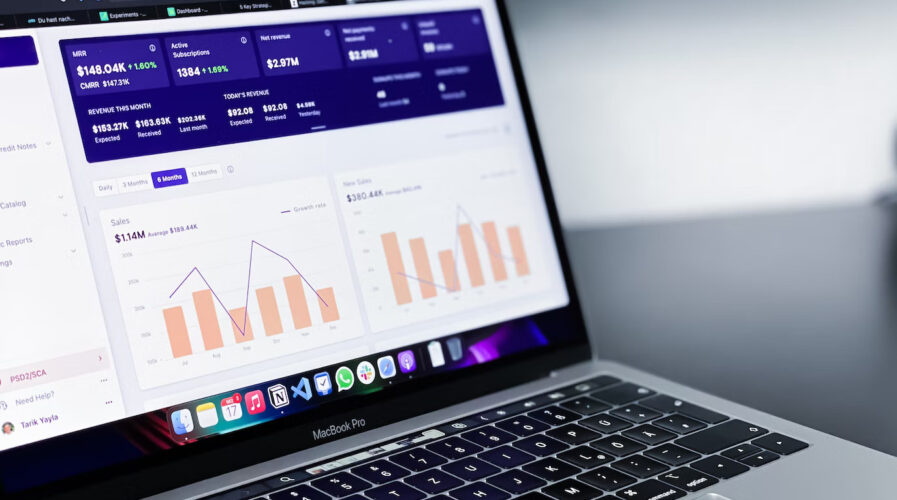
Simplifying business intelligence through self-service analytics
In its latest Magic Quadrant for analytics and business intelligence platforms, Gartner states that such platforms enable less technical members of a customer experience team to analyze, explore, and manage data. These platforms also allow users to uncover and visualize insights while providing a foundation for cross-function collaboration.
As such, self-service analytics are now becoming highly sought after. With the shortage of professional data scientists and skilled IT employees, bundled together with the effects of remote working, there is no denying that more organizations are keen to explore this option.
That said, convoluted data architectures, inefficient processes, and a lack of data governance (to ensure that companies are even storing the right information in the first place) continue to hinder such systems from becoming a reality.
In fact, many companies – including some of the largest and most tech-savvy businesses in the world – struggle to make their analytics work across distributed computing environments, or to meaningfully leverage ever-increasing volumes of data coming from AI, machine learning, 5G, and IoT.
According to Keith Budge, Executive Vice President, Asia Pacific and Japan at Teradata, the quality of the data requires a lot of care under data governance and security, especially when industries like banks and government agencies are serving customers remotely.
When it comes to data for self-service analytics, organizations need to ensure their employees have accurate data that is up to date and highly secured, especially in a remote work environment.
“In regulated industries like banking, data governance and data security have to be assured for self-service analytics at much higher levels. During the pandemic, data governance and data security became paramount, especially with employees now working remotely and using their own devices for work as well,” said Budge.
For example, Budge explained when a bank implements a new self-service analytic tool, a lot of testing is done to validate the security and veracity of the data. Depending on local law and regulations, some banks and companies even have to demonstrate to regulators the measures taken to ensure data that is used for self-service analytics is not compromised.
Budge added that this is where companies like Teradata can bring together data from very diverse sources and with very different levels of complexity, and help customers be compliant with both their internal and regulator security requirements. This is crucial in regulated industries like banking, especially with risk management issues being fundamental to the ways banks operate.
Teradata Vantage is the connected multi-cloud data platform for enterprise analytics. It enables ecosystem simplification by unifying analytics, data lakes, and data warehouses. With Vantage, enterprise-scale companies can eliminate silos and cost-effectively query all their data, all the time, regardless of where the data resides – in the cloud using low-cost object stores, on multiple clouds, on-premises, or any combination thereof – to get a complete view of their business.
While self-service analytics can help businesses rely less on IT teams for analytics, managing these tools still requires some training, be it for large enterprises or small and medium enterprises (SME).
With AI also being a key component in analytics, Budge believes that AI models in self-service analytics will be able to self-learn predictably at scale and be deployed over user environments.
Self-service analytic tools may not just help organizations rely less on their IT teams but also ensure that businesses remain competitive in the data-driven market. With the right system and training in place, employees will be able to make the most out of self-service analytical tools to maximize efficiency.
READ MORE
- 3 Steps to Successfully Automate Copilot for Microsoft 365 Implementation
- Trustworthy AI – the Promise of Enterprise-Friendly Generative Machine Learning with Dell and NVIDIA
- Strategies for Democratizing GenAI
- The criticality of endpoint management in cybersecurity and operations
- Ethical AI: The renewed importance of safeguarding data and customer privacy in Generative AI applications
